Gas Valves
-
In Stock
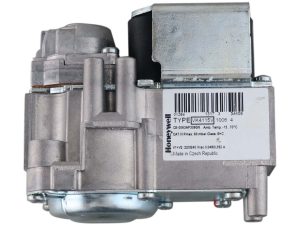
ALPHA Boiler Gas Valve 1.011846
£35.64 – £153.45 Select Options This product has multiple variants. The options may be chosen on the product page -
Out of Stock

Ariston Boiler Gas Valve 573457 was 570732
£65.34 – £130.80 Select Options This product has multiple variants. The options may be chosen on the product page -
In Stock
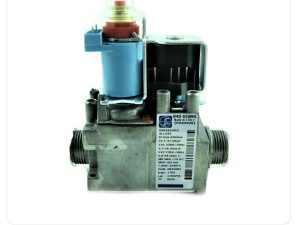
Ariston Boiler Gas Valve 65100516 was 997089
£50.40 – £68.40 Select Options This product has multiple variants. The options may be chosen on the product page -
Out of Stock
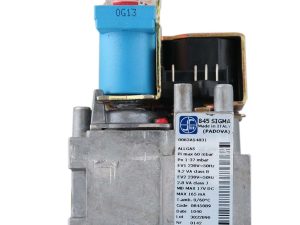
Ariston Genus Gas Valve Sit 999089 65102047
£63.88 – £110.00 Select Options This product has multiple variants. The options may be chosen on the product page -
Out of Stock
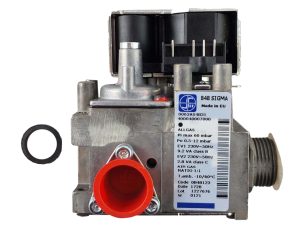
Ariston Genus System Gas Valve 60000537
£66.00 – £178.80 Select Options This product has multiple variants. The options may be chosen on the product page -
Out of Stock
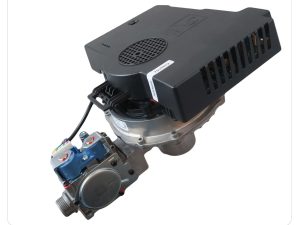
Baxi 224 424 Combi Air/Gas Unit 24kW 7661938 7684478
£132.00 – £162.00 Select Options This product has multiple variants. The options may be chosen on the product page -
Out of Stock
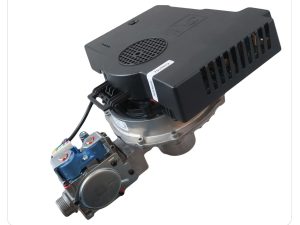
Baxi 224 424 Combi Boiler Air/Gas Unit 7661952 7684479
£158.40 – £188.40 Select Options This product has multiple variants. The options may be chosen on the product page -
Out of Stock
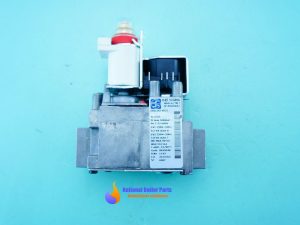
BAXI Boiler Gas Valve 247392
£79.20 – £92.07 Select Options This product has multiple variants. The options may be chosen on the product page -
Out of Stock

Baxi Boiler Gas Valve 5107812
£150.00 Exc. VAT £125.00 Add to cart -
Out of Stock

Baxi Potterton Main Boiler Gas Valve Assembly 5106280
£105.60 Exc. VAT £88.00 Add to cart -
Out of Stock
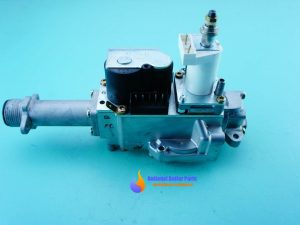
Baxi Potterton Main Gas Valve 5107339
£37.20 – £79.20 Select Options This product has multiple variants. The options may be chosen on the product page -
Out of Stock

BAXI WALL MOUNTED 20/3 30/3 38/3 51/3 60/3 RS GAS VALVE (V4700E 1056) 102235
£118.80 Exc. VAT £99.00 Add to cart
